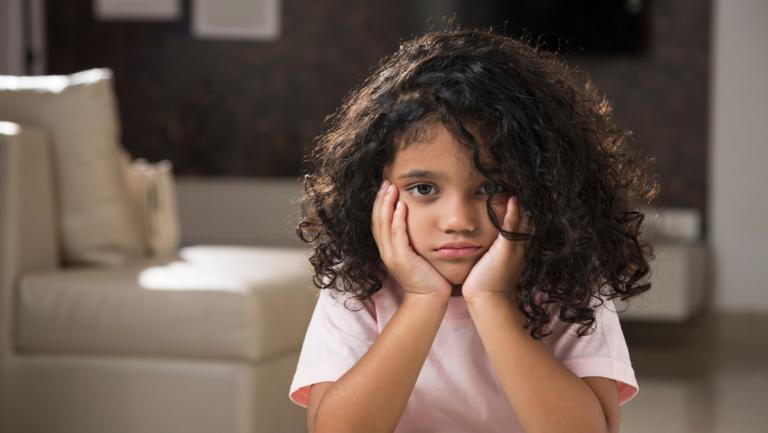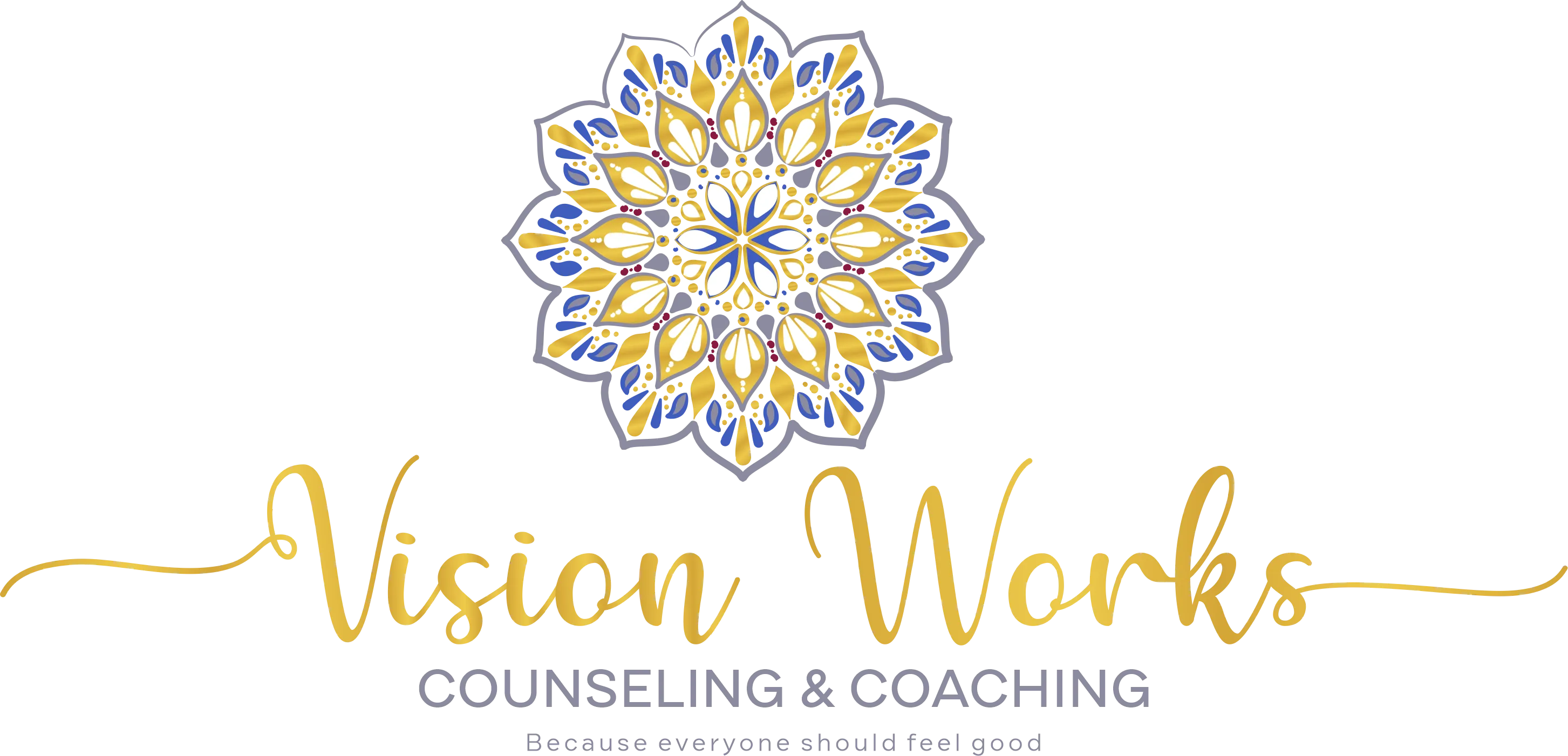How to Recover from Childhood Trauma
- posted: May 31, 2023

There is no shortage of kids dealing with trauma, no matter the reason. An unpleasant and painful experience for the affected person can be traumatic. There is no rhyme or reason to what might be a traumatic experience for a person. Although there are some universal aspects of childhood trauma, many other subjective traumatic experiences might not seem like a big deal to other people.
Left untreated and ignored, kids who experience childhood trauma may have their past traumas resurface as they grow older. Depending on the severity of the trauma, there is a chance that it could permanently impair their functioning. Here is a guide to coping with childhood trauma.
Reflect on childhood memories
Most of the time, your brain represses traumatic memories. This is because our brain’s main function is to guarantee our survival – if some memories are too painful for you, your brain will block them out so you can function normally. However, to start your recovery from your trauma, it is essential that you reflect on your childhood and carefully examine your memories. Writing down all your memories might help, particularly if you plan to seek professional help later.
Consult your family
Even if you try to remember everything that happened, there is a possibility that you are unable to recall all the details. In that case, your family might be able to provide you with the details you require. Even if talking to them doesn’t reveal every nitty-gritty detail, their recall might spark another memory hidden inside your subconscious.
Seek professional help
Recalling painful memories or diving back into your emotionally scarring past is an overwhelmingly difficult task to tackle. It is important that you have something to ground you along the journey so the trauma doesn’t make you cease functioning. In this situation, professional help is the best option. Counselors and psychologists can guide your journey through your recall and healing. They have all the tools they need, and they are most equipped to deal with the experience you are going through.
Join support groups
Once you have some sort of idea about your trauma and what it entailed, joining support groups can help you a lot. As mentioned earlier, this is not an experience anyone can get through on their own, no matter how resilient that person is. Joining a group of people that had similar experiences might make you feel seen and heard. Knowing that you are not alone in this experience and that it is always possible to heal and move on from a destructive past might bring you the reassurance you need.
Maintain healthy relationships
If you can’t find a support group that suits you, then the next best thing is to turn to the ones closest to you: your friends and family. There is a high chance that these people know you best. They know how to comfort you and make you feel safe and loved. If your trauma has damaged your current relationships, then your therapist or counselor will likely facilitate you into developing a support system that works for you.
We are here to support you. Contact us today to get started on your healing journey.
